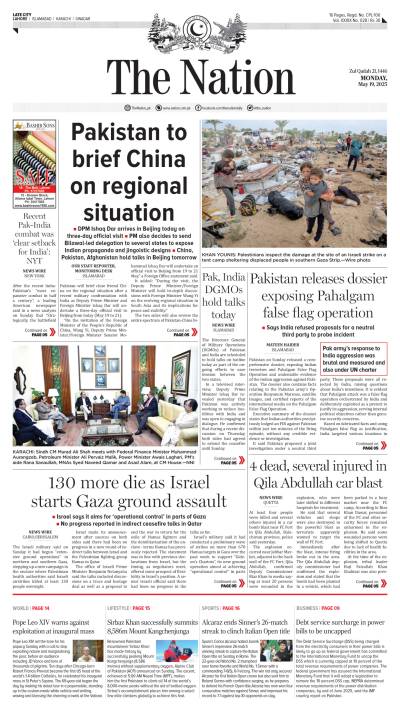LAHORE - The Pakistan Carpet Manufacturers and Exporters Association (PCMEA) has solicitated government to slash the additional 10 percent customs duty and decrease the “extraordinary” 25 percent sales tax on semi-processed raw materials imported via the Torkham border in the upcoming federal budget. In a joint statement, PCMEA Patron-in-Chief Abdul Latif Malik, Chairman Mian Atiq-ur-Rehman, and Vice Chairman Riaz Ahmad warned that rising costs have made it increasingly difficult for Pakistan’s handmade carpets to remain competitive in international markets.
“The government talks about boosting exports through national initiatives like ‘Uraan Pakistan’, yet at the same time, exporters are being stifled by excessive taxes and bureaucratic hurdles,” the statement read. “These contradictory policies are hampering the growth of one of Pakistan’s most valuable export industries.” The association highlighted that the handmade carpet sector, which is entirely export-oriented and part of the country’s largest cottage industries, plays a significant role in the national economy by earning valuable foreign exchange. However, heavy duties, complex procedures, and certain restrictive measures by the State Bank have made it difficult for exporters to thrive.
The officials stressed that raw materials are often sent to Afghanistan for partial processing before being brought back to Pakistan for final value addition and eventual export. The imposition of a 25% sales tax on these semi-processed imports through Torkham, they said, has placed an unsustainable financial burden on exporters. They further urged the government to reinstate the Final Tax Regime, cautioning that its absence would severely affect export performance. “Our production costs are already much higher than regional competitors like India,” they said. “If these issues persist, we risk losing international buyers — a loss Pakistan can ill afford.” The PCMEA has appealed to the government to address these pressing concerns in the forthcoming budget, emphasizing that protecting and promoting the handmade carpet industry is vital for both export growth and the livelihoods of the millions of artisans it employs.





